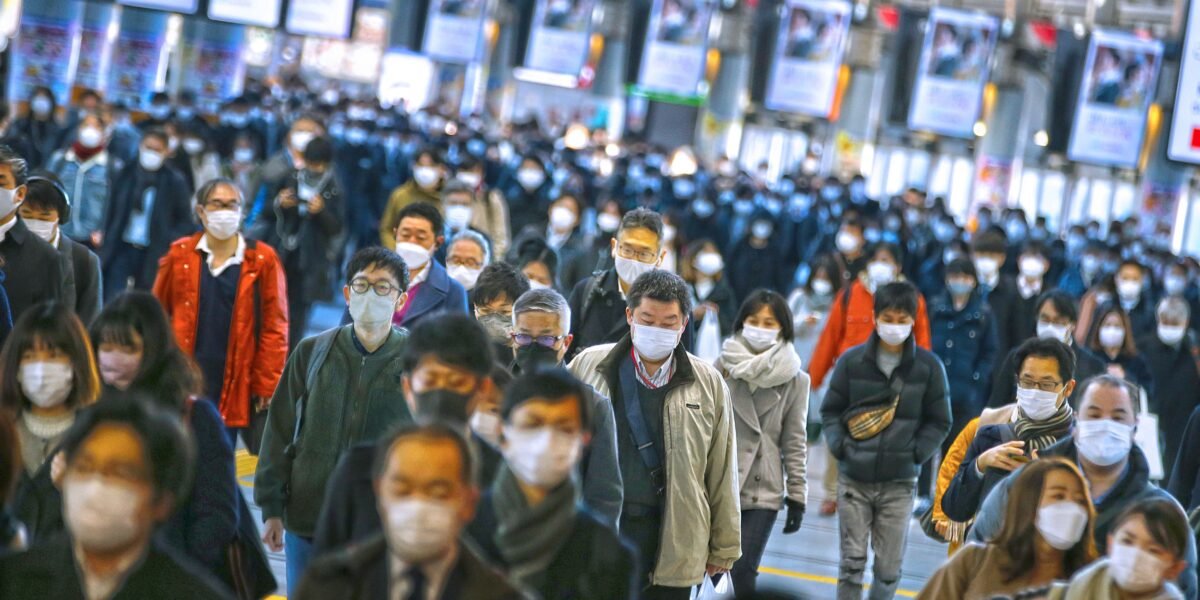TOKYO: The Tokyo Metropolitan Government has announced plans to adopt a four-day workweek for its employees, aiming to address Japan’s record-low fertility rates and support young families. The initiative, set to begin in April, was unveiled by Tokyo Governor Yuriko Koike in a recent policy speech.
This ensures that no one has to abandon their career due to life events such as childbirth or childcare.
Under the policy, employees will have the option to take three days off per week. Additionally, parents of elementary school children will be allowed to reduce their working hours in exchange for a slight salary reduction.
“Flexibility in work styles is crucial,” Koike said, as quoted by NBC News. “This ensures that no one has to abandon their career due to life events such as childbirth or childcare.”
Under the policy, employees will have the option to take three days off per week. Additionally, parents of elementary school children will be allowed to reduce their working hours in exchange for a slight salary reduction.
Governor Koike highlighted the importance of this policy shift: “Now is the time for Tokyo to take the lead in protecting and improving the lives, livelihoods, and economy of our people during these challenging times for the nation”, as reported by NBC News.
Experts suggest that Japan’s demanding work culture, characterised by long hours, may discourage women from pursuing both careers and families. World Bank data from last year showed a significant gender gap in workforce participation, with rates of 55 per cent for women and 72 per cent for men.
The four-day workweek has been trialed in other countries with notable success. A 2022 global pilot programme organised by the nonprofit 4 Day Week Global involved several companies testing shorter workweeks.
Over 90 per cent of participants expressed a desire to continue the new schedule, reporting improved mental and physical health, better work-life balance, and increased satisfaction with life overall. Stress, burnout, and work-family conflicts were significantly reduced, and participants rated their experience an impressive 9.1 out of 10.
Singapore also made strides in flexible working arrangements this year, introducing guidelines requiring businesses to consider requests for alternative schedules, including shortened workweeks or staggered hours.
Read More: World UK considering to ban cousin marriages

















